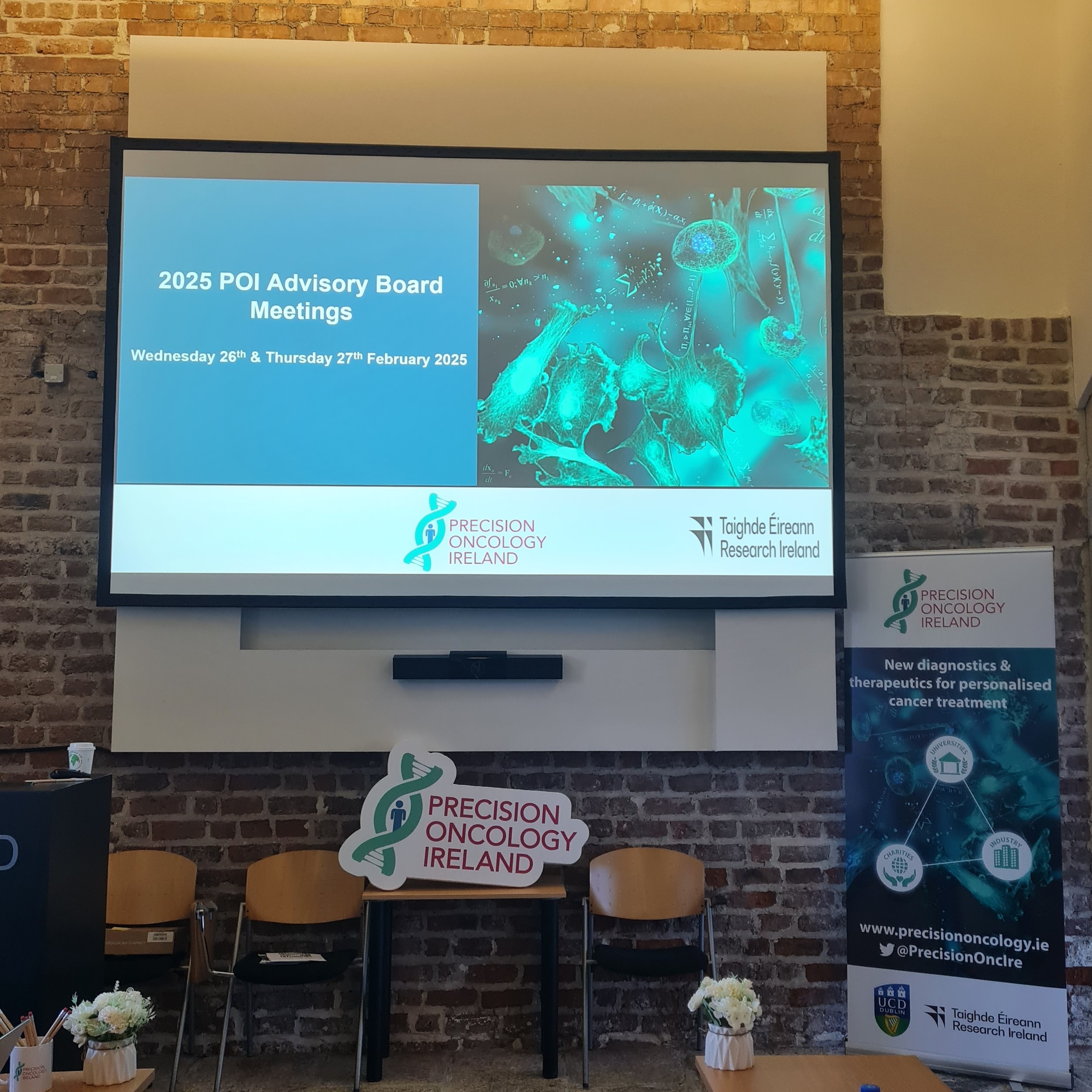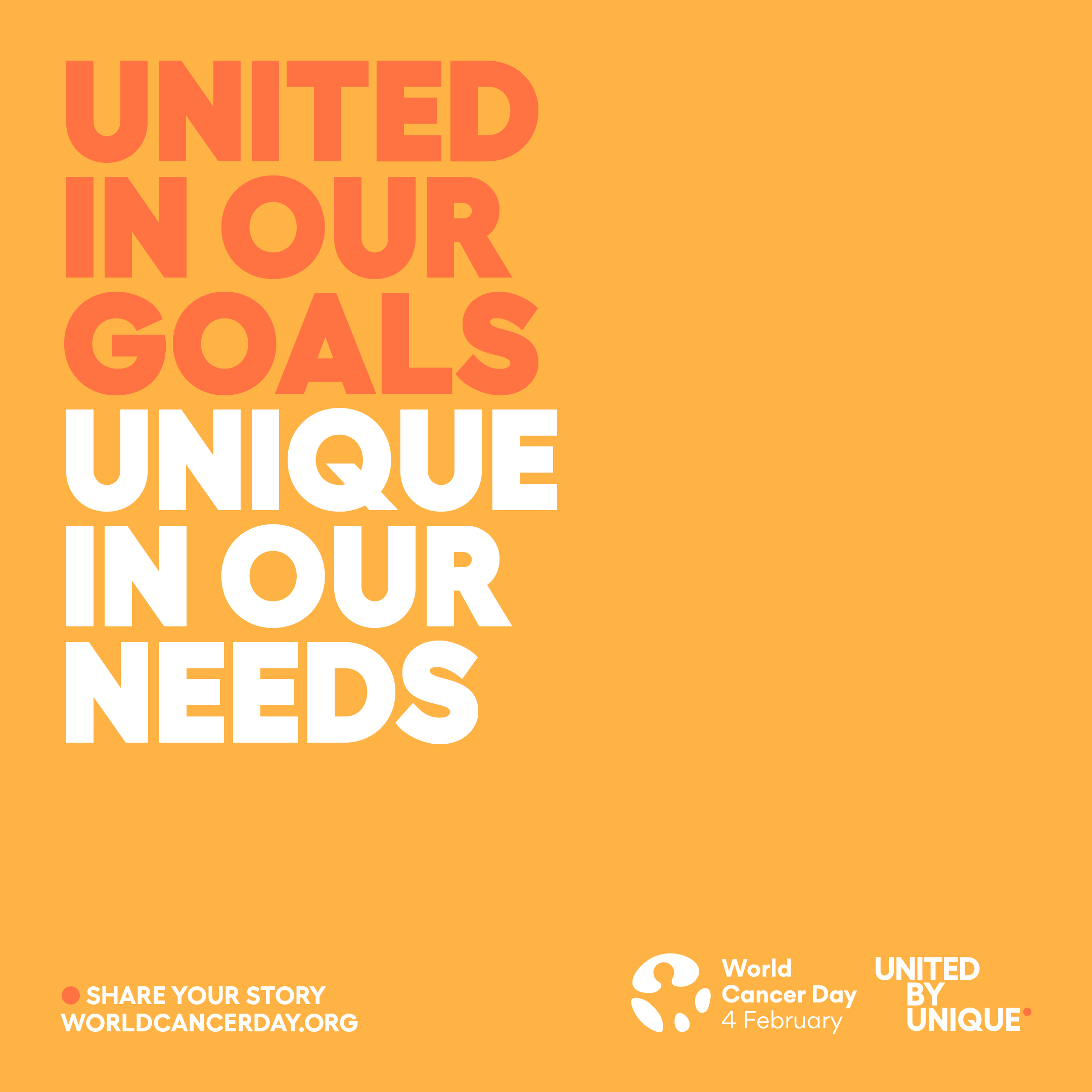Invisible Spectrum - Breaking down barriers to STEM participation in Ireland
Published 6th January 2021
While a good deal of effort has been expended in Ireland in opening up the fields of Science, Technology, Engineering and Maths to a more diverse group in terms of gender, the same cannot be said for ethnicity. The Irish Department of Education’s 2016 report on STEM Education did not mention ethnicity as a barrier to STEM uptake. Studies worldwide have found wide variations in STEM uptake between different ethnic minorities. For example, a UK study found that Pakistani, Bangladeshi, Caribbean and Black African pupils aged 7-11 performed below the national average in science1. In the UK workforce, the most under-represented group in STEM roles were Bangladeshi, at 1.6% of their population, compared to 5% for White ethnic2. Differences in STEM uptake by ethnicity are complex, and strongly interlinked with socio-economic status, family background, and cultural factors.
There can also be specific barriers within minority communities in terms of cancer. Ethnocultural beliefs around cancer stigma, fear, and fatalism are more prevalent within ethnic minority groups, often resulting in lower uptake of cancer screening3, reduced cancer symptom awareness4, delayed presentation5, and in some cases, poorer survival6. There has been little to no research in Ireland focused on barriers to access within minority ethnic groups. Indeed, the National Cancer Registry in Ireland do not collect information on ethnicity, and thus, rates of cancer incidence and mortality within ethnic minorities are unknown. Minority groups are effectively ‘invisible’ in Irish cancer research, and we believe that engaging with these communities is a small step towards a more inclusive research agenda.
With this in mind, POI aimed to reach out to specific minority ethnic community groups for Science Week 2020, with a tailored programme of activities aimed at improving awareness of STEM and cancer research. As a research programme at the cutting edge of precision medicine for cancer, POI sees the need to build a strong public engagement agenda, as precision oncology has the potential to positively impact the health and wellbeing of current and future cancer patients and their families. We believe that science should be accessible to all, and the potential disparity in access and understanding of scientific and healthcare information in minority ethnic groups should be addressed.
The ’Invisible Spectrum’ programme was co-designed with minority ethnic community leaders to meet the needs of each representative group, and was supported by Science Foundation Ireland under its Science Week programme for November 2020.
Due to COVID restrictions, the planned programme of fun family activities had to be moved to an online workshop format. Based on the input of the community group leaders, the initial goal of enhancing understanding and appreciation of scientific research was expanded to include some content on cancer screening and symptom awareness. A gender-segregated discussion session was also added, as many community members would not feel comfortable sharing in a mixed-gender group due to sociocultural practises. All content was translated either in writing or verbally into the preferred language of the community group. To include all of the family, and compensate for the move to a virtual event, we also held a science-themed children’s art competition, aligned with the online workshop.
The workshop began with a brief lay introduction to precision oncology, including a 3D movie of the tumour environment. This was followed by short multi-lingual talks by researchers who are members of the minority ethnic community group. An interactive workshop on the use of biomarkers for precision oncology concluded the research portion of the workshop. Participants were then transferred to gender-segregated breakout rooms, where a trained nurse or facilitator gave a short talk on cancer screening and symptom awareness, with an opportunity to ask questions and discuss any issues within the group. Finally, participants were transferred back to the main workshop room, where the results for the children’s art competition were announced, before closing the event.
The feedback we received from participants following the event was overwhelmingly positive, with many commenting that they would have preferred a longer session to better avail of the opportunity to interact with the researchers. Overall, 85% of participants surveyed following the event said that they would attend a similar event in the future, and 80% felt more informed about science and cancer research following the event. More than 90% said they would now be more aware of cancer symptoms, and >90% were more likely to encourage their children to pursue STEM careers having attended the event.
In the longer term, we hope that this event will effectively act as a pilot event for a broader programme of public engagement activities. The key to diverse and inclusive public engagement is flexibility, sensitivity, and building trust within the community. We hope that our learnings from this event will inform and shape our future public engagement strategy, with a particular focus on engaging with underserved minority communities.
The POI team would like to thank the leaders and members of the community groups who took part in the Invisible Spectrum events, as well as our colleagues at University College Dublin and the Irish Cancer Society for their support with facilitating the various event sessions.
- CASE: Improving Diversity in STEM report, 2014
- STEM Choices: Equality & Diversity: Ethnicity. Department of Education, UK, 2009
- Marlow et al., J Fam Plann Reprod Health Care (2015) 41(4):248-54
- Niksic et al., British Journal of Cancer (2016) 115:136–144
- Yedjou et al., Int. J. Environ. Public Health (2017) 14:486
- Cancer Incidence and Survival By Major Ethnic Group, England, 2002 – 2006. NCIN/CRUK

